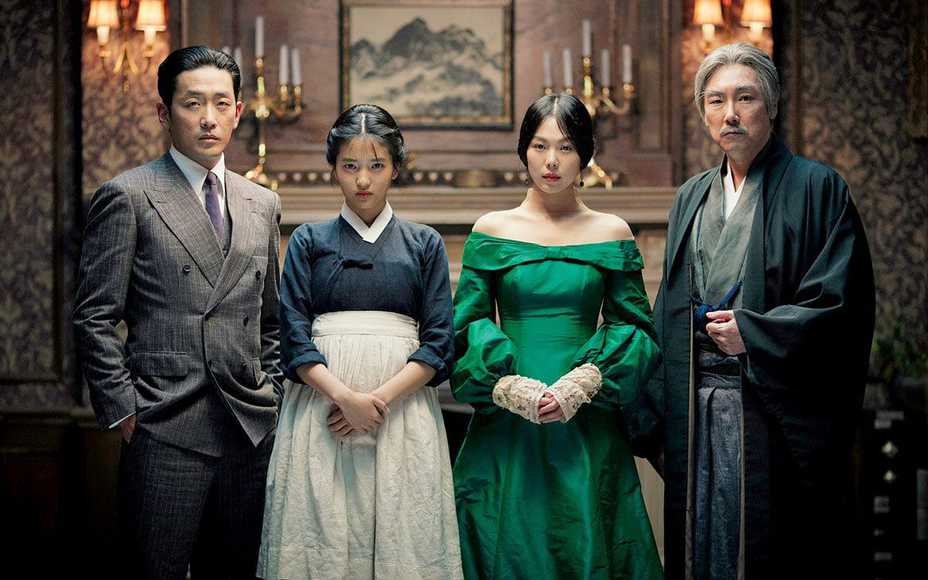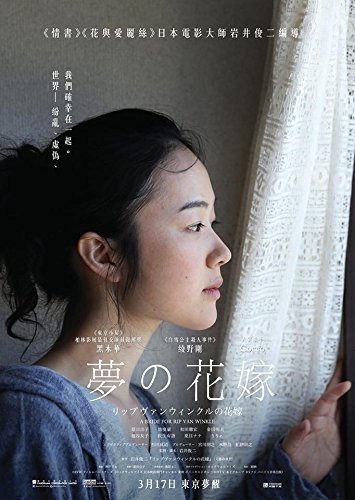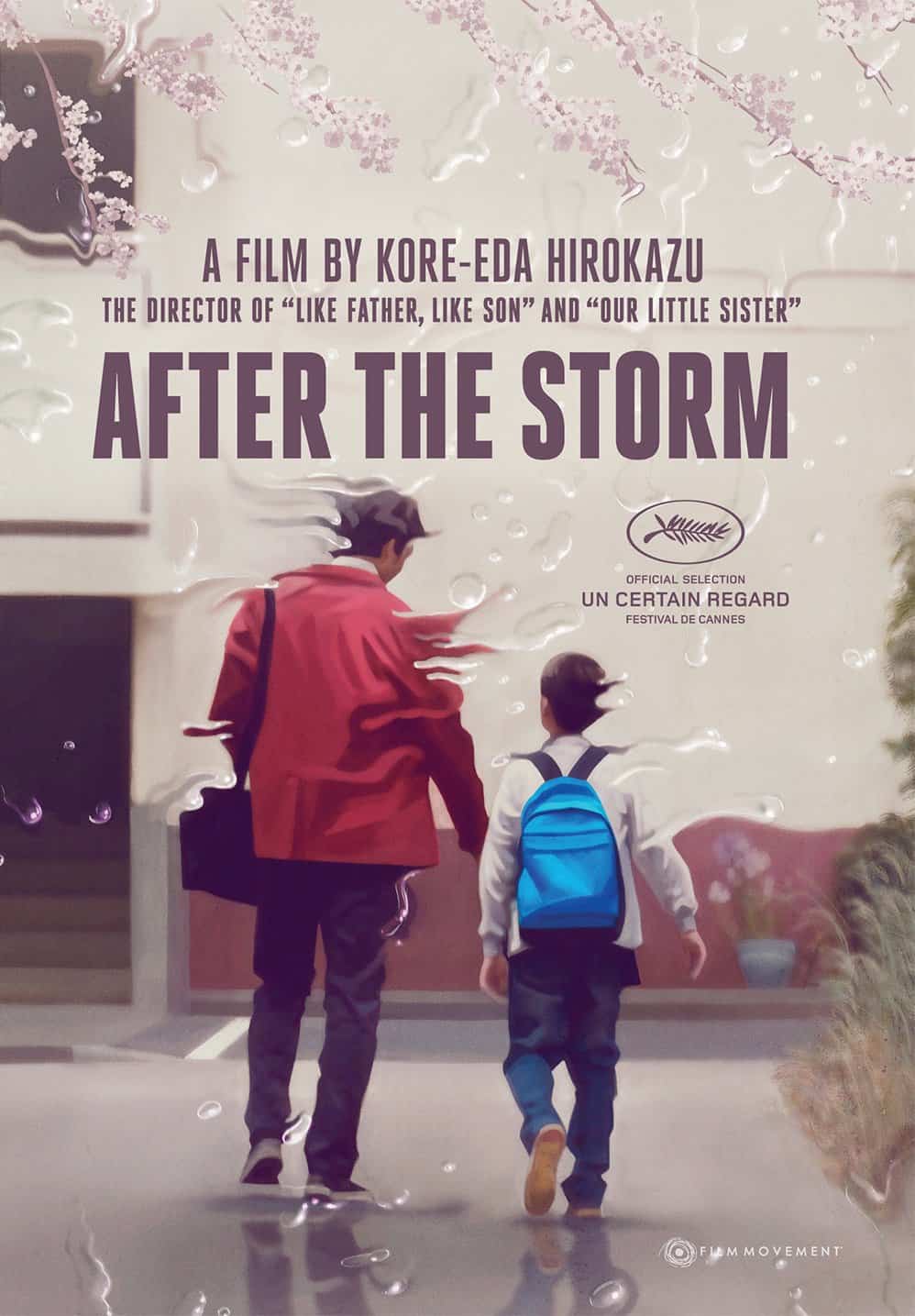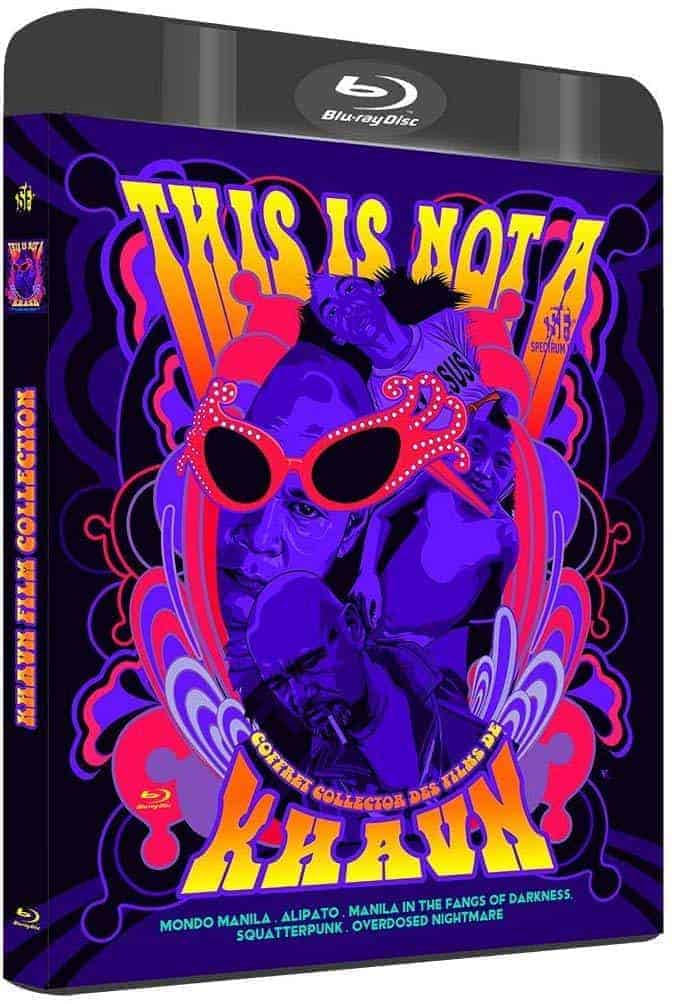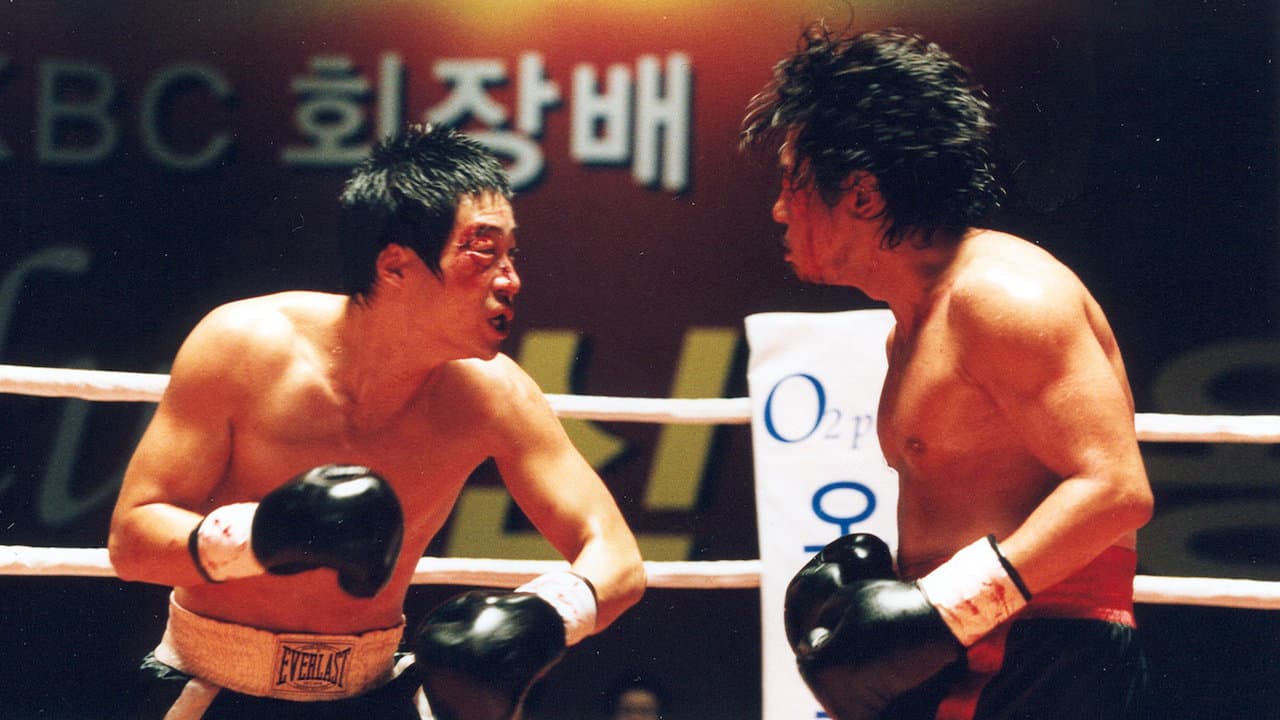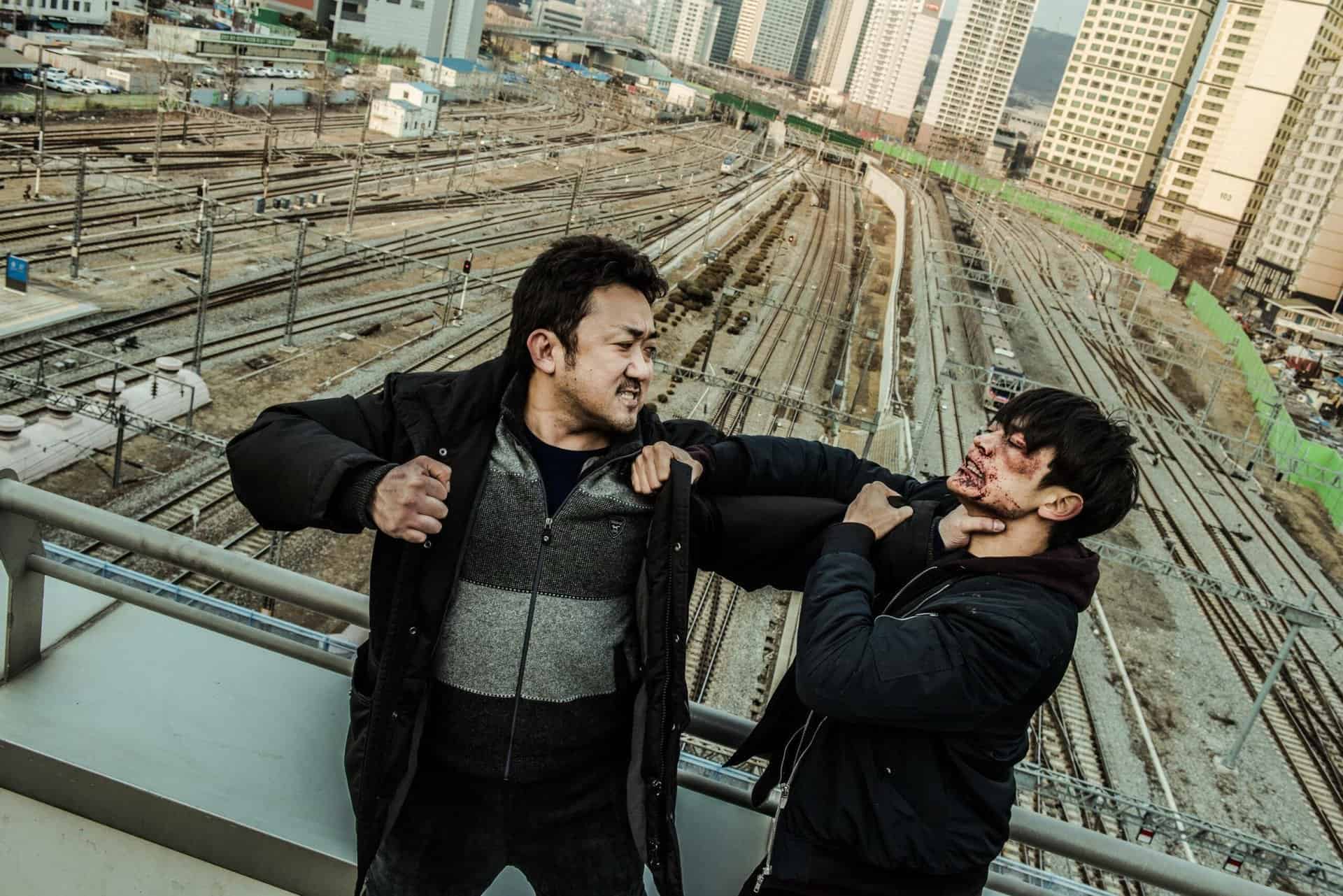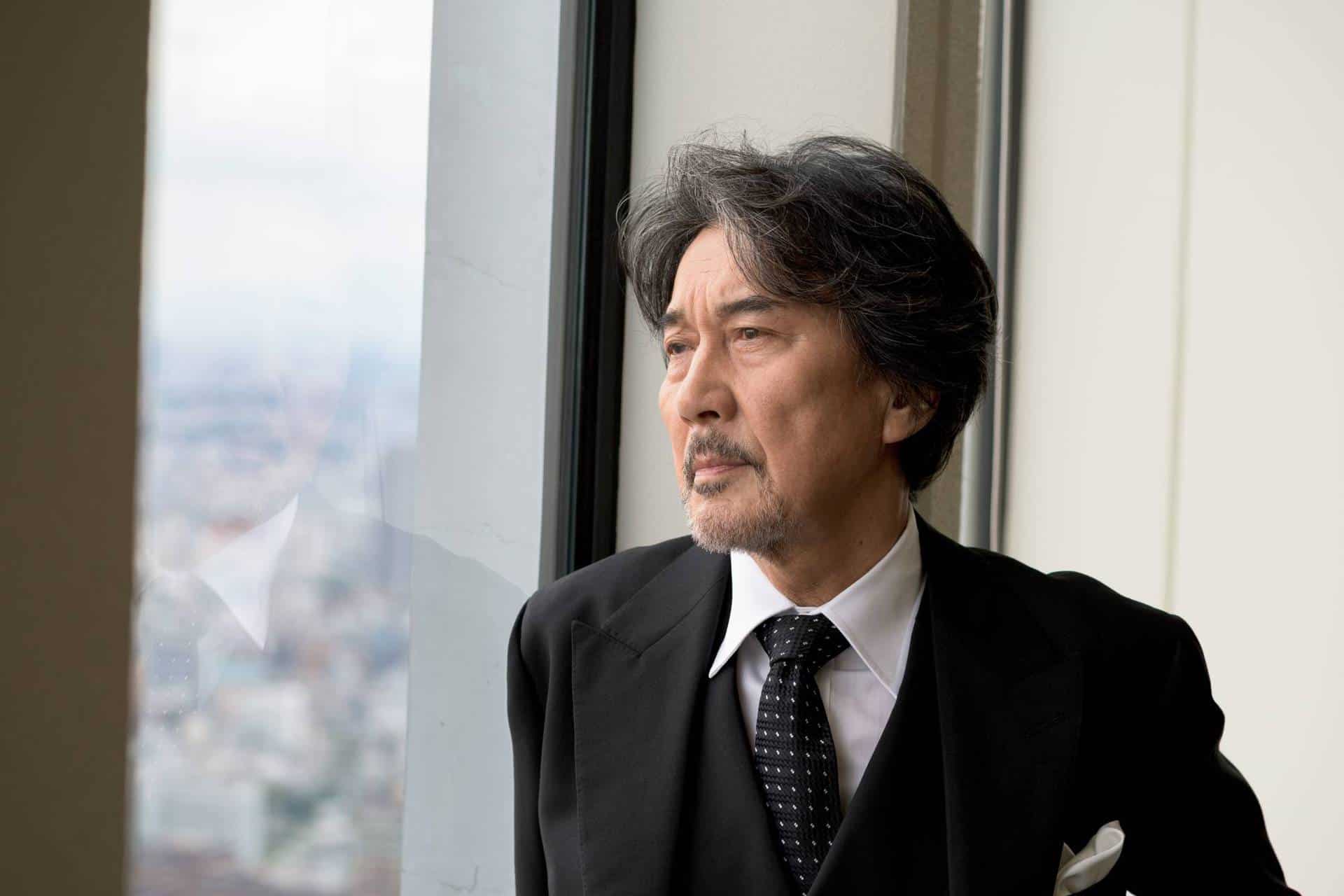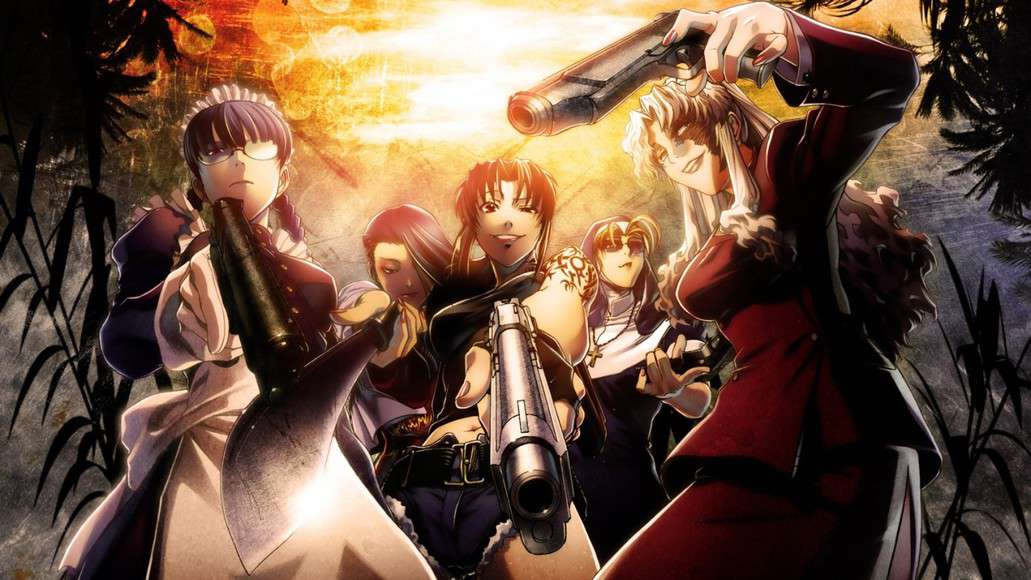2016 was another great year for Asian cinema, although S. Korean films were the ones that, once more, stood at the epicenter of international interest, particularly due to Park Chan-wook's comeback and the box office success of films like “The Wailing” and “Train to Busan.” Japan followed with a number of box office successes of its own, headed by “Your Name” and the new Godzilla film, although indie cinema had a very interesting year also. Truth be told, however, wherever in Asia you look at 2016, you would find a great film, in what appears to be one of the best years for the region's cinema, which is the reason we came up with over 70 titles. Without further ado, here are the Best Asian Films of 2016, in alphabetical order.
1. A Bride for Rip Van Winkle (Shunji Iwai, 2016)

Iwai manages to present a number of messages regarding Japanese society, through a relatively abstract narrative that goes in and out of surrealism a number of times. The lack of actual communication among people and the “solution” provided the social media depict one of the most central, with the consequences of actually making life decisions based on people one meets online being disastrous. The fact that money seems to buy everything, from guests at a wedding to actual friends, is another, with Iwai including an ironically funny sequence where Amuro is taking care of a number of children in the park, actually having them on leashes, as if they were animals. The relationships of parents and children, which stretch from almost non-existant to oedipal is another one, while the futility of the concept of marriage, which derives from silly social rules and constant pretentiousness is another. (Panos Kotzathanasis)
Buy This Title
2. A Death in the Gunj (Konkona Sen Sharma, India)
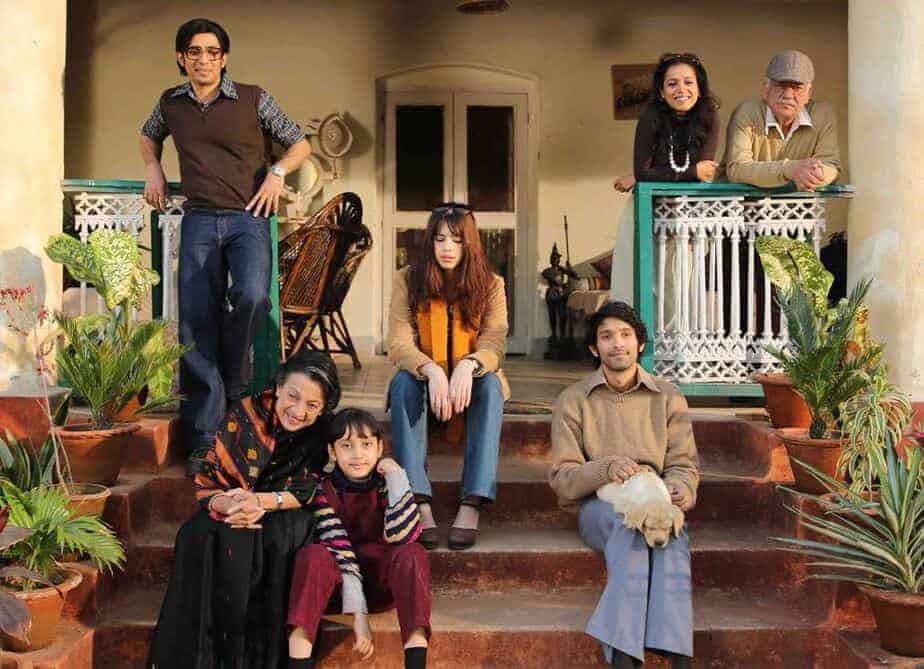
Konkona Sen Sharma directs a film that starts as a family drama, but the sense that something bad is going to happen (which starts with the initial scene) is there and becomes more palpable as the story progresses. The “medium” of this transcendence of genres (from family drama to thriller) is Shutu, and particularly his relationship with the other members of the party. The women seem to enjoy his timid and gentle nature, but that does not apply to the men, with Nandu constantly exhibiting “tough love” towards him, and Vikram essentially never stopping bullying him. Sharma builds the tension through his character, initially through a number of scenes that present him in the brink of a nervous breakdown, to the truly shocking finale. (Panos Kotzathanasis)
3. A Silent Voice (Naoko Yamada, Japan)
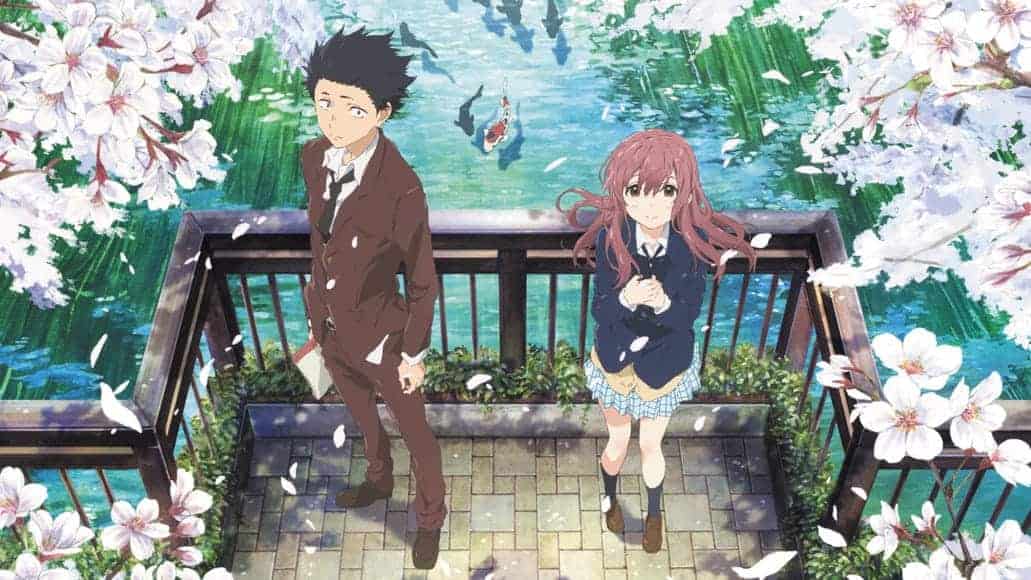
Naoko Yamada presents a sensitive and tender perspective to a number of issues in the contemporary Japanese society, and through them, depicts what it means to be Japanese, nowadays. In that fashion, the anime deals with bullying, and the concept of the bully becoming the one bullied, cruelty among children, suicidal tendencies, friendship, regret, apology, family, forgiveness, change and evolving, all of which are present through a coming-of-age setting that highlights them in the best way possible. Yamada uses some original and quite impressive techniques to depict all of the above. The X's on the faces of people around Shoya, that symbolize the fact that he has chosen to ignore them as much as they have, is a great sample of this tendency, while the moments that these X's are removed comprise some of the best scenes in the film. The frequent depiction of the character's shoes, whose purpose is revealed toward the end, is another trait, while the narrative, that actually goes back and forth in time, also helps the presentation of the story. (Panos Kotzathanasis)
Buy This Title
on Amazon by clicking on the image below
4. After the Storm (Hirokazu Koreeda, Japan)
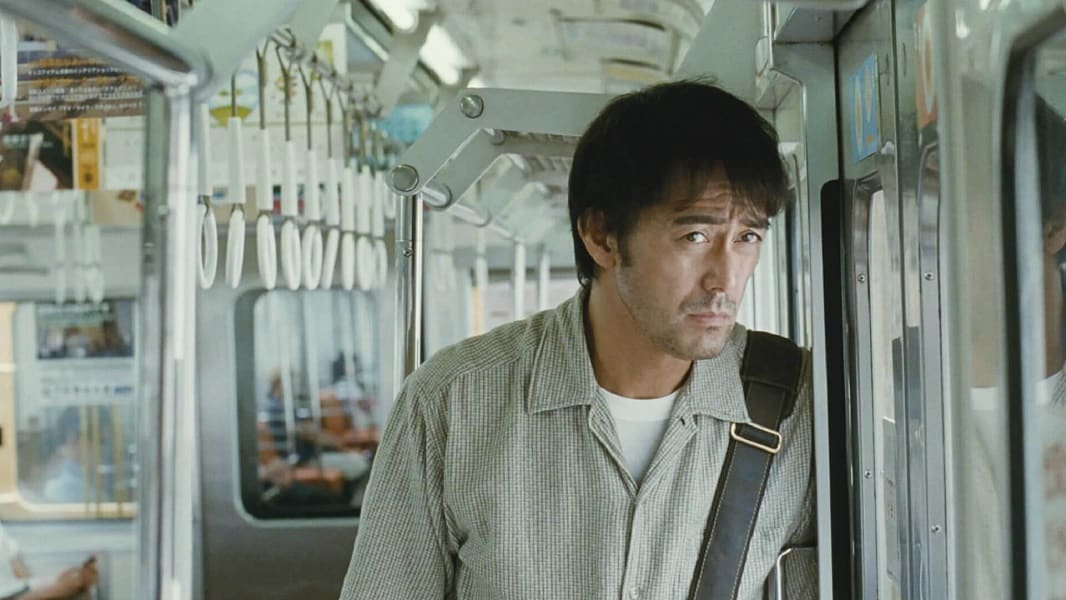
Koreeda presents a message regarding people's ties to their past, and how damaging they can be to those who cannot let go. In that fashion, Kyoko, who has realized that her relationship with Ryota is over, and Yoshiko, who has moved past her husband's death seem to be happy, as they move forward with their lives. Ryota on the other hand, who is still attached to his past as a novelist and to his marriage with Yoshiko, has his life in a standstill that damages both him and the people around him. This message is chiefly presented through two dialogues that occur during the end of the film, between Ryota and his wife at first, and then with his mother. Particularly during the second one, Yoshiko utters a phrase that encompasses the whole meaning of the film: “Men can't love the present. They just keep chasing whatever it is they've lost, or they keep dreaming beyond their reach.” (Panos Kotzathanasis)
Buy This Title
on Amazon by clicking on the image below
5. Alipato: The Very Brief Life of an Ember (2016) by Khavn

Khavn directs and pens a truly chaotic film, that seems more like a collage of his extreme thoughts than an actual film. However, here lies his biggest trait, since, through all that images and absurd sequences, he manages to tell a story quite clearly, despite the evident surrealism. Furthermore, music is almost constant in the movie, frequently making it look like an extreme music video, much like Sogo Ishii's “Burst City.” although in a more contemporary way. In that fashion, the film's music plays a very important role, and Brezel Göring and Francis de Veyra do a great job in the score and in the arrangement of the various tracks, which are composed by Khavn, Bing Austria and others.
Buy This Title
6. An Insignificant Man (Khushboo Ranka and Vinay Shukla, India)

What is impressive though, and despite the obvious pro-AAP approach of the documentary (they asked from the other parties to participate but they declined) is that it does not shy away from portraying the negative aspects of the campaign. In that fashion, the friction between the volunteers and the leadership, and the eventual succumb to populism, as Kejriwal, in a desperate effort to reverse the curve against him a little before the election promised 700 liters of free water to each household daily, and that he would cut the electrical bills by 50% are also presented in detail. The latter, however, was eventually accomplished. (Panos Kotzathanasis)
7. Antiporno (Sion Sono, Japan)

The art design for the film is exceptional with the background playing a role in the film as well. Throughout the audience is made to consider the significance of each location and the interplay between them, whether the yellow room, the forest, the home. It forces a consideration of themes by repeatedly alienating the viewer and giving a sense of unreality to proceedings that make you question both the characters and your relationship to them.(Matthew Cooper)
Buy This Title
8. Apprentice (Boo Junfeng, 2016, Singapore)

Boo Junfeng directs a film which moves in a number of axes. Probably the most obvious one is the critique of the Singaporean judicial system, particularly regarding the death penalty, through the consequences on the people on death row, their families, and the correctional officers who perform the deed. In that fashion, Junfeng presents the procedure with documentary-like precision, in a style that is somewhat detached but very thorough. (Panos Kotzathanasis)
Buy This Title
on Amazon by clicking on the image below
9. Aroused by Gymnopedies (Isao Yukisada, Japan)

The direction in the film services the story well, but does nothing in particular to impress. It is the writing by director Isao Yukisada and Anne Horizumi that really breathes life into this movie. The erotic scenes are well shot and done tastefully. Despite his blase attitude, Furuya still treats his partners with a certain level of respect, which is something that was not always apparent in Roman Porno features. It is these romantic gestures that brings him out of the perverted archetype often found in Pink films. It makes him a more likable personality, which was needed to offset his pessimistic nature. (Adam Symchuk)
10. Asura City Of Madness (Kim Sung-soo, S. Korea)
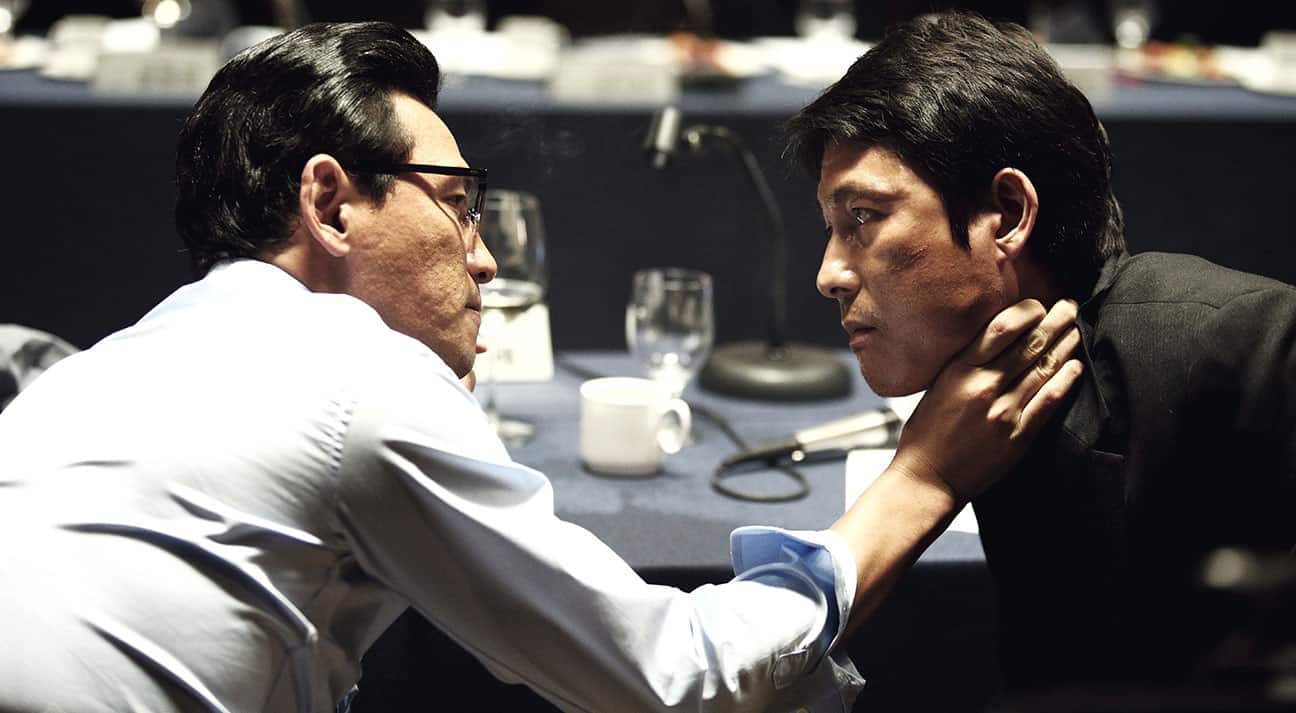
Kim Sung-soo directs and pens a very dark film that focuses on its characters, none of whom is even remotely decent or likeable. Han may have been led to this life by his wife's sickness, but shows no remorse in executing Park's hideous orders. The fact that he tricks his best friend into taking his place makes him even more despicable, despite the fact that he is actually the victim of a power struggle between powers much higher than him. (Panos Kotzathanasis)


